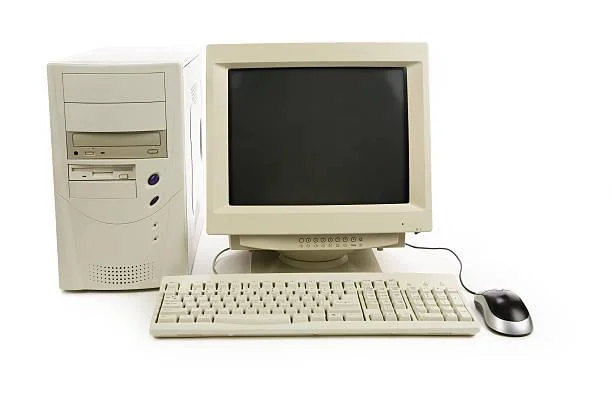So I know for a lot of the readers reading this blog, reading this'll be like taking algebra in uni when you already did advanced calculus in highschool.
You already know version control matters. You've used Git. You've pushed pulled more times than Ronnie Coleman when he was training for Mr. Olympia.
This post isn't a tutorial it's just me looking back at how I used to avoid version control, and why that was dumb.
I avoided version control because it seemed unnecessary. Coding is already complex enough:
- You're keeping a mental summary of a big project - what parts are where.
- Syntax - it's hard especially if you're coding in a non-native programming language
- You’re always walking a tightrope — write better code, or ship faster. You could refactor it. You could simplify it. But do you really have the time? Probably not.
- Real life isn't as clean as the courses — Caches fail. Cloud functions crash silently. And users? Yeah, they’ll try to break your app whether they mean to or not.
- A non-zero delay feedback loop (you might need to add a feature and you can spend days perfecting it but really the designer is gonna come back in and say nah it was better before)
- Stuff breaks for no reason. You remove a comment and suddenly prod is on fire.
- You're juggling 30 variables, multiple states, and async race conditions.
So I used to think:
"Why can't I just create a copy of the file when I'm making a major change and revert back if shit hits the fan?"
If someone sends me their changes, I'll just ask what they changed and scroll to that portion. What's the problem?
So what does version control offer?
- I love git diffs - especially on teams that refactor often. You can trust that the old code worked (it shipped, nobody screamed), so you don't need to re-review it. Just focus on what changed, what you added, and whether that part follows the rules.
"Uhh Bob, the intern… I told you to center a div. Why does your commit have this?"

-
I love the concept of pull requests - You get a safe, isolated space to try things, break things, fix things. Then you can review the full history and merge it back. Magic.
-
I love being able to go back multiple months and seeing how a file evolved. What changed, why it changed, and whether anything is legacy fluff from before a rearchitecture.
"Oh right, this file is from pre-2023 when we still used that cursed in-house state manager. Let me clean this up."
-
I love git blame: I hate to say it, but… You start associating certain names with certain styles.
"Brad wrote this? Overengineered."
"Alexia wrote it? You already know it's unit tested and documented."
"Bob the intern? Delete it. (jkjk review first. Then delete.)
It’s not perfect and doesn’t replace careful review, but git blame helps you quickly tell which parts to trust and which need a closer look.
-
Your production is down. You're in your grandma's village. All you've got is a 1995 PC with a CRT monitor and dial-up. Doesn't matter. The repo's online. You can still fix it.

-
I love that it's hard to lose your work. After you commit a snapshot into Git, it's hard to lose progress especially if you push to a remote regularly.
-
I love being able to selectively add files to a commit. Sometimes you’re knee-deep in the codebase, experimenting all over the place yet the real, meaningful change is in just one or two files. Git lets you commit only what those files.
Conclusion
These days, if I'm not git init-ing a project, you already know it's not going anywhere.
And if you're still out here zipping folders and naming them:
project_final_final_REALLYFINAL_v2
...
Come on, man. We live in a society.